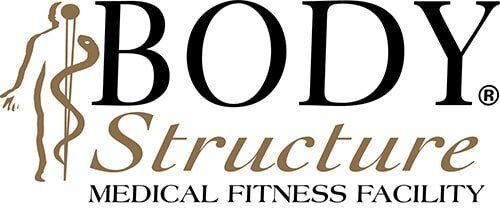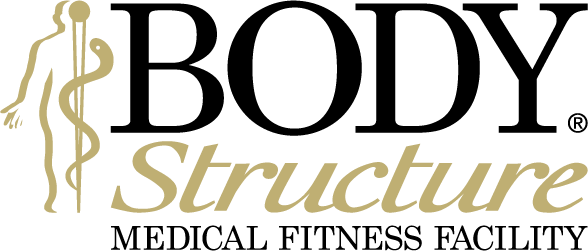INFLAMMATION AND NUTRITION
Some form of arthritis, rheumatoid arthritis, gout, lupus, or fibromyalgia is believed to affect a little over 20% (22.7%) of US adults each year: nearly 1 in 5. At its core, arthritis is painful inflammation and stiffness of one or more joint(s) of the body, which can often limit one’s daily activity; and in some cases, debilitate to the point of functional disability. Due to the nature of the illness, it is important to take proactive steps towards managing or preventing occurrences of inflammation by reducing pro-inflammatory triggers while increasing anti-inflammatory ones.
Pain and swelling in individuals who experience arthritis, and its many forms, may be attributed to regular consumption of pro-inflammatory foods throughout the day and minimal consumption of anti-inflammatory foods, or at least an inadequate amount to counter the pro-inflammatory effects on the body. Nutritionally, animal products like eggs, dairy, and meat may cause an uptick in inflammation within hours of consumption. Should pro-inflammatory foods be consumed at regular intervals throughout the day, the body stays in a prolonged state of inflammation. Thus, regular, daily consumption of animal products may be attributed to chronic inflammation.
Conversely, whole, plant foods tend to be anti-inflammatory in nature; where consuming a variety of predominately plant foods, with high levels of anti-oxidants, can actually down regulate markers of inflammation. The switch to fruits, vegetables, and water and the subsequent removal of animal products from the diet is believed to be reason enough why individuals who participate in detox or fasting protocols for several days report an absence of swelling and pain in their joints. Research is starting to indicate that eating a diet primarily composed of whole, plant foods may be as anti-inflammatory as taking an aspirin a day (without the side effects associated with daily aspirin intake) and as good as nonsteroidal anti-inflammatory drugs (NSAIDs).
For more information on how nutrition effects inflammation and swelling, advice on ways to incorporate more whole, plant foods and less pro-inflammatory foods, or help with other nutrition and health concerns, please contact Body Structure Medical Fitness at (859) 268-8190 and ask to setup an appointment with our dietitian.























